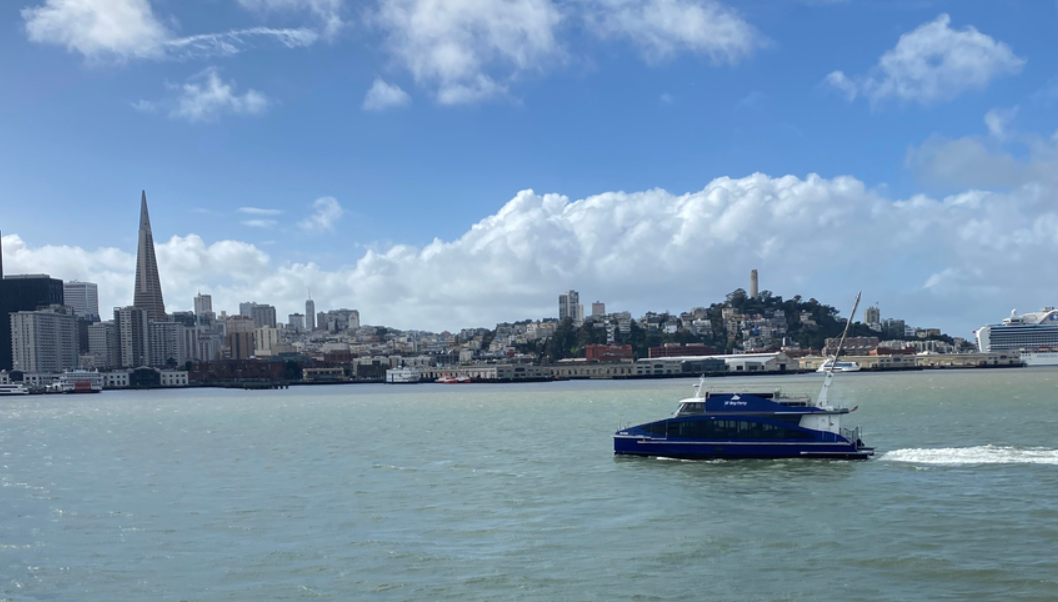Sea Change: First US Hydrogen-Fueled Ferry Sets Sail in San Francisco
Key Ideas
- US-based SWITCH Maritime receives approval from the U.S. Coast Guard for its hydrogen-powered ferry, Sea Change, marking a significant milestone for carbon-neutral vessels.
- Sea Change, a 75-passenger catamaran ferry with integrated hydrogen power system, will undergo a six-month pilot service in San Francisco Bay Area before transitioning to a permanent ferry route.
- The vessel operates using hydrogen fuel cells, offering zero emissions and similar capabilities to diesel-powered ships, eliminating the need for shore charging infrastructure.
- SWITCH Maritime aims to drive the adoption of net-zero vessels by taking on regulatory and construction risks, providing operators the option to lease the new eco-friendly ferries.
The U.S.-based shipping company SWITCH Maritime has received approval from the U.S. Coast Guard for its hydrogen-powered ferry, Sea Change, to begin commercial operations. The vessel, built and launched in Bellingham, Washington, is a 75-passenger catamaran featuring an integrated hydrogen power system and electric motor propulsion. Following a formal launch event, Sea Change will undergo a six-month pilot service in the San Francisco Bay Area, showcasing its capabilities as the first hydrogen-powered ship in the United States.
Sea Change operates using hydrogen fuel cells, allowing it to run on all-electric motors for distances of up to 300 nautical miles at speeds up to fifteen knots. This technology offers similar operational capabilities and ranges to diesel-powered vessels while eliminating the need for shoreside charging infrastructure required by battery-only ships.
SWITCH Maritime's CEO, Pace Ralli, expressed gratitude for the support received in achieving this milestone, highlighting the vessel's role in demonstrating the viability of carbon-neutral vessels. The company plans to further expand its eco-friendly fleet by developing larger and faster ferries for various markets. SWITCH aims to facilitate the adoption of net-zero vessels by assuming regulatory and construction risks and offering leasing options to operators once the vessels are completed.
Topics
Fuel Cells
Innovation
Environmental Sustainability
Shipping Industry
Public Transportation
Zero-emission Vessels
Maritime Technology
Latest News
